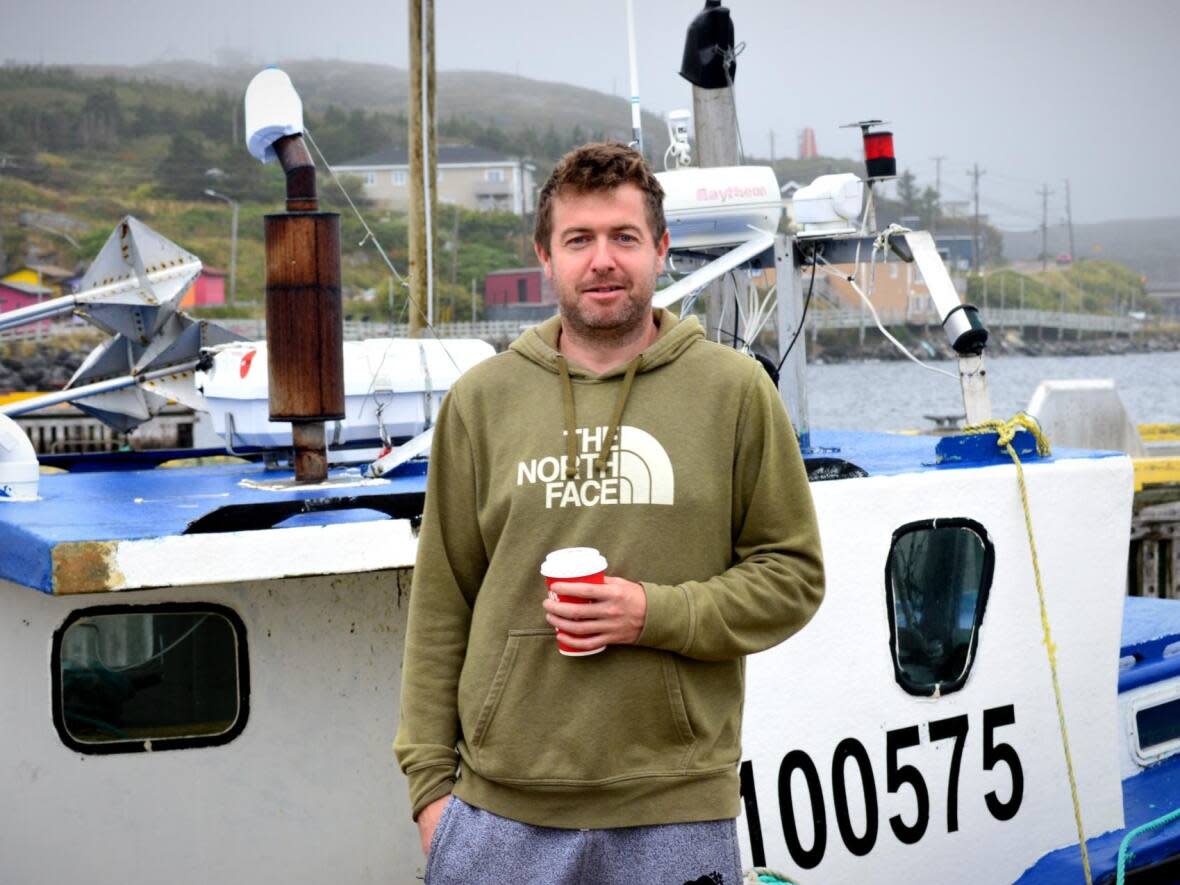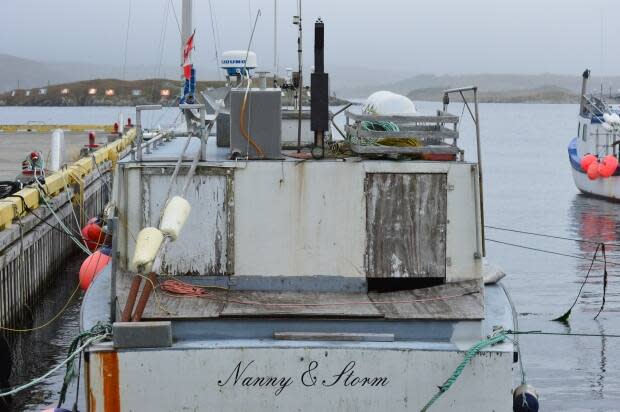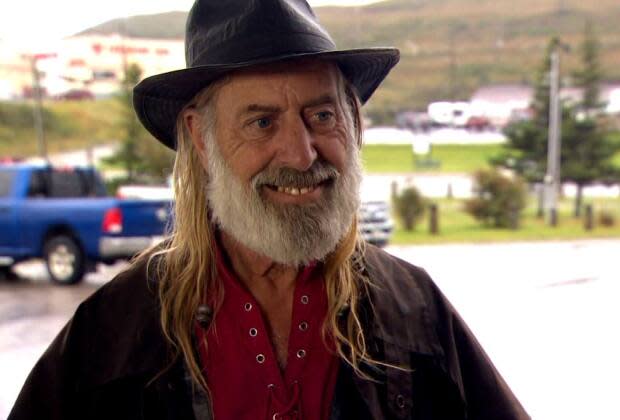'This is going to be a bad one': Newfoundland's hardy fishermen, not usually ruffled, wait in fear for Fiona


Andy Francis points to the sky, where low-lying clouds race north.
"See how fast they're going?" he asks.
That means bad wind just behind them, quickly approaching, he explains.
Francis, like so many Newfoundlanders along the island's southwestern shore, comes from a long line of fishermen — known collectively as the Port aux Basques' local meteorologists.
They're used to high winds and stomach-churning waves. But what's on the way has most of them squinting in worry at the sea and sky Friday morning.

A storm surge of about two metres, plus monster waves — up to 15 metres, or nearly 40 feet — could push the sea level higher than their fishing wharf. Environment Canada said Friday the impending sea level rise could break records in the region.
Combined with a high tide, rain and winds, Francis says most of what's close to the water — like docks, boats, fishing stages and even houses — could be gone after Hurricane Fiona takes her leave.
Francis hauled one boat out of the water earlier this week. The other, too large to move, has been tied to the wharf with as many mooring lines as he could get his hands on.
"This time it seems like everybody's got the same consensus that this is going to be a bad one," he says.

Everyone's even more prepared than usual, taking in whatever they can. "Everyone's taking steps this time to minimize damage," he says.
"This is going to be a different one."
Dennis Stone spent the morning shoring up his trailer with cinderblocks, hoping the wind won't tip it over.
He, too, doesn't like the sound of the forecast. If the water rises high enough, it could be costly to fix the damage and get back on the water, he says.

The anxiety was so high Friday afternoon that the wharf's management moved a man who's been living in his broken-down sailing yacht to a hotel room until Sunday. Leonard Hilton told CBC News he had his boat "tied down like a spiderweb," but that the town was still concerned for his safety during the storm.
Hilton says he's been living on a boat for the last 15 years, and has sailed all over the country. But it's Newfoundland where he's planning to stay for a while, thanks largely to its residents, he said.
"They set me up in this hotel for the next two nights. The kindness of the people in Newfoundland is absolutely what they say it is," Hilton said.
"Thank God for people like them."

Channel-Port aux Basques Mayor Brian Button said Thursday the climate in the town has shifted notably in the last few years. The town saw record rainfall last winter that washed away parts of the highway and damaged structures. That was followed by a hot, humid and still summer, one unlike any he'd seen.
"You hear it said, you know: 'We've been through this before.' But a lot of people are finding — and you always hear it, storm after storm now — our storms are … intensifying," Button said. "Our storms are getting harder, stronger."
Previous squalls and cyclones have decimated the lobster stock in the harbour, Francis says, dumping lethal amounts of fresh water into the shallows and effectively drowning swaths of the crustaceans. The surge on its way, and the pounding waves against the rocks, could wipe out the ones that survive.
On Saturday, the ocean that's been his family's livelihood for generations could turn against them.
"Nothing there looks good to me," he sighs. "Not for us."

